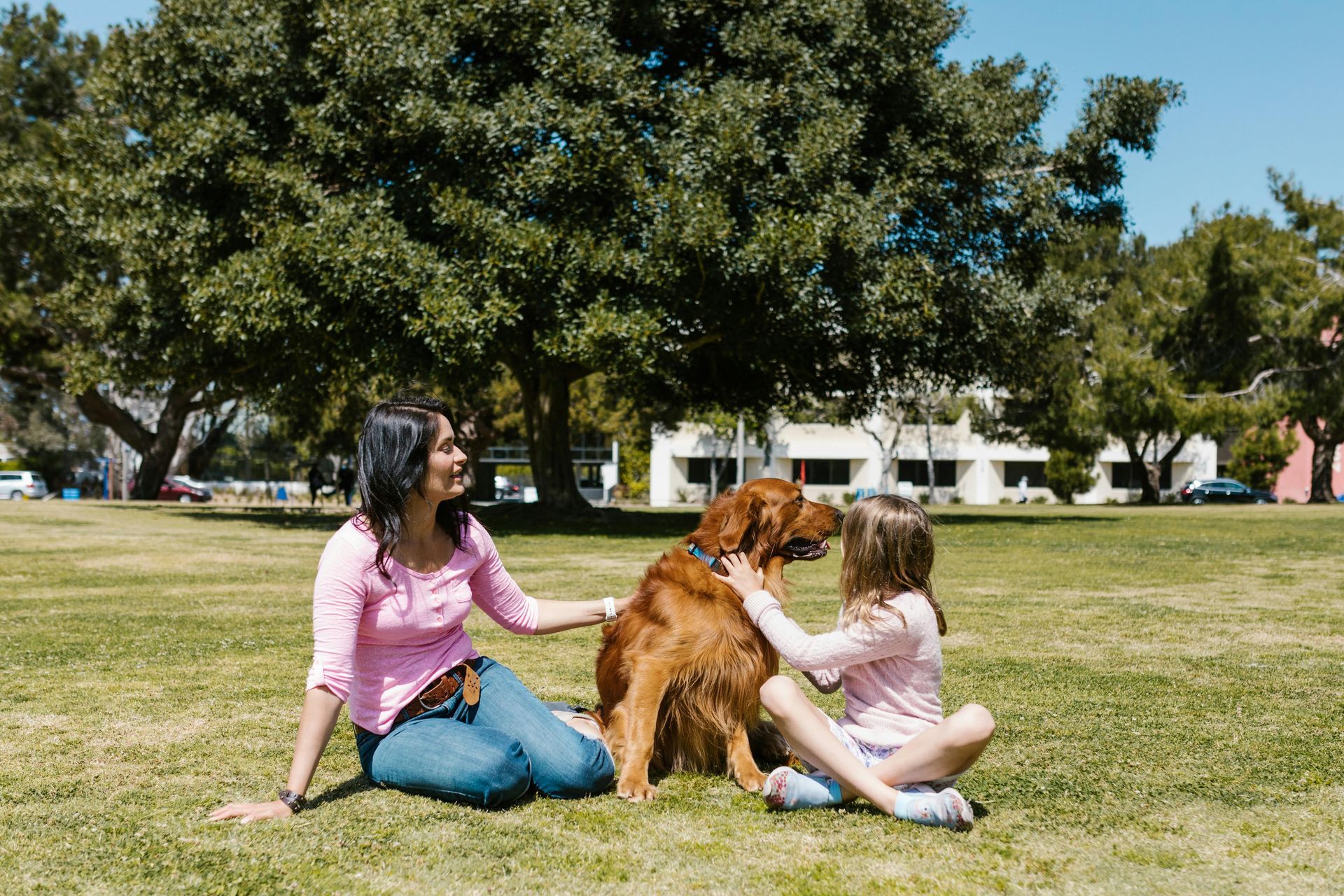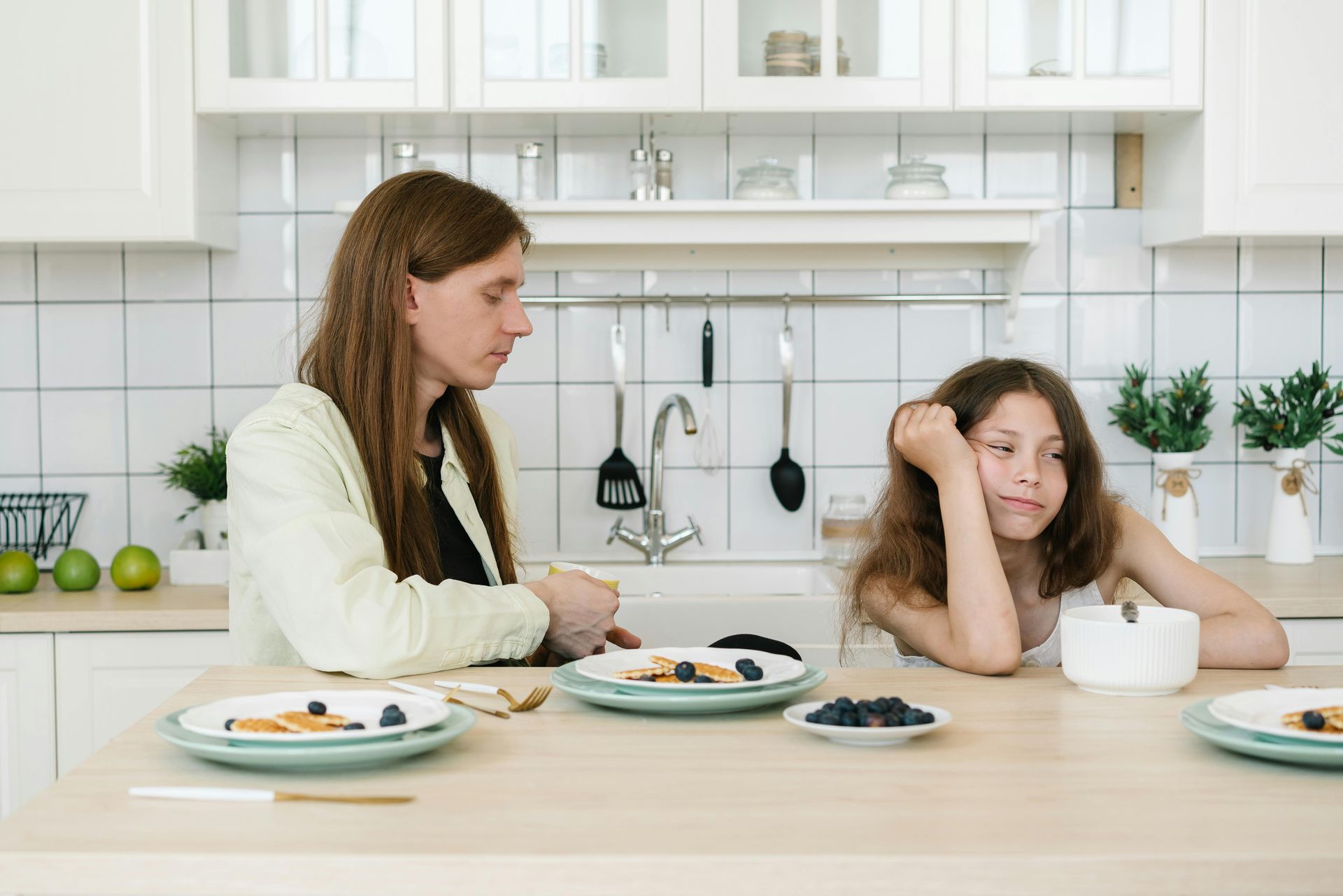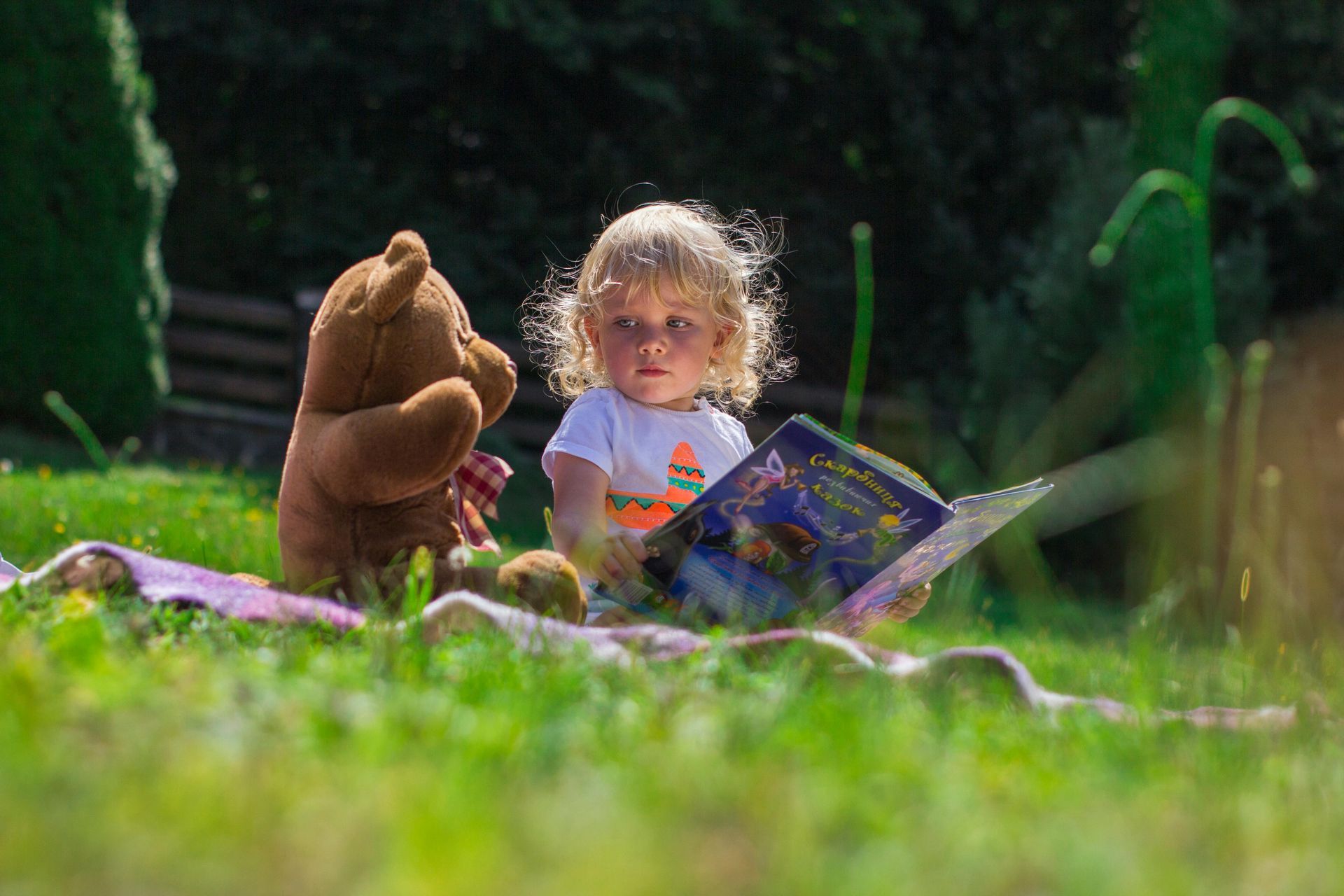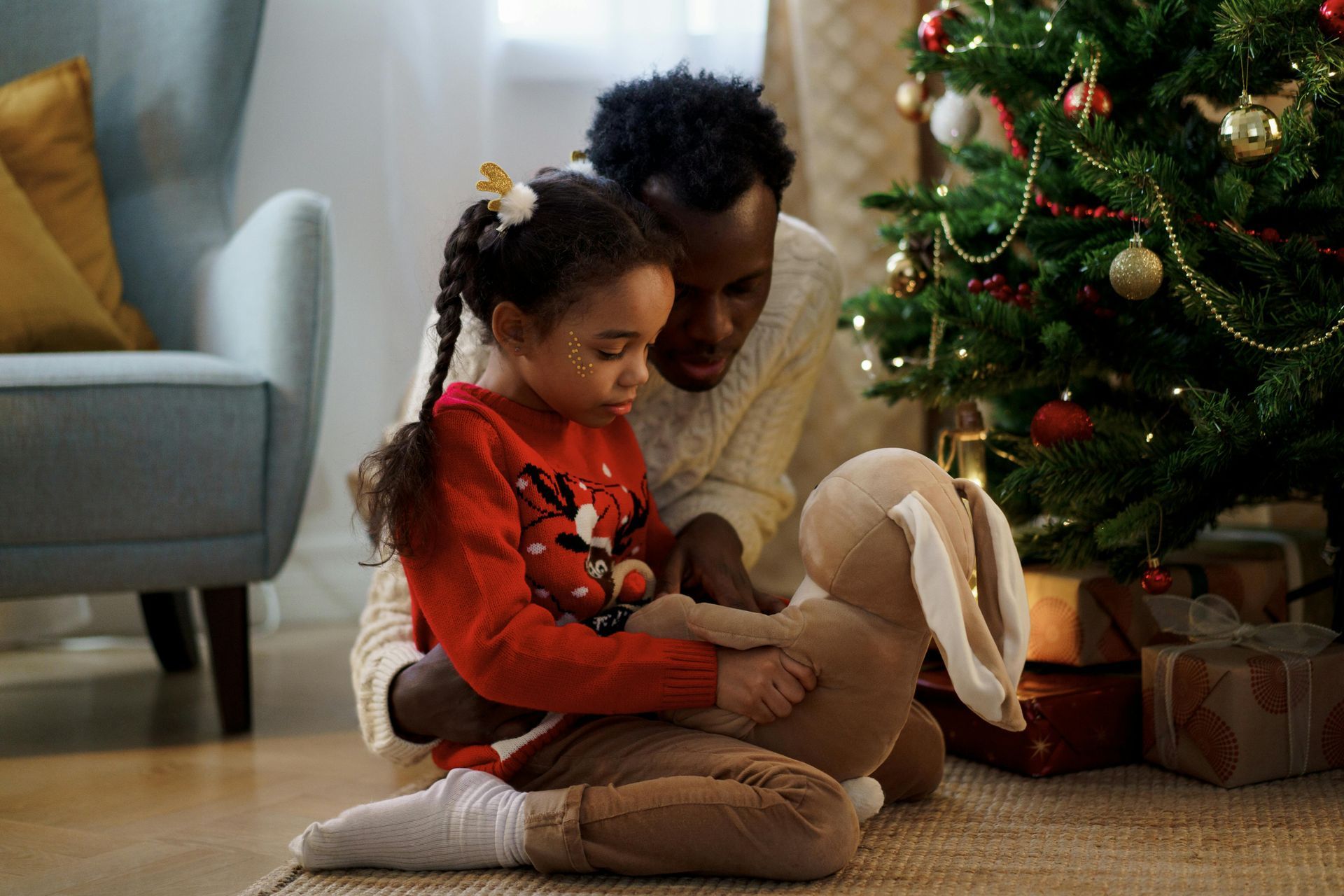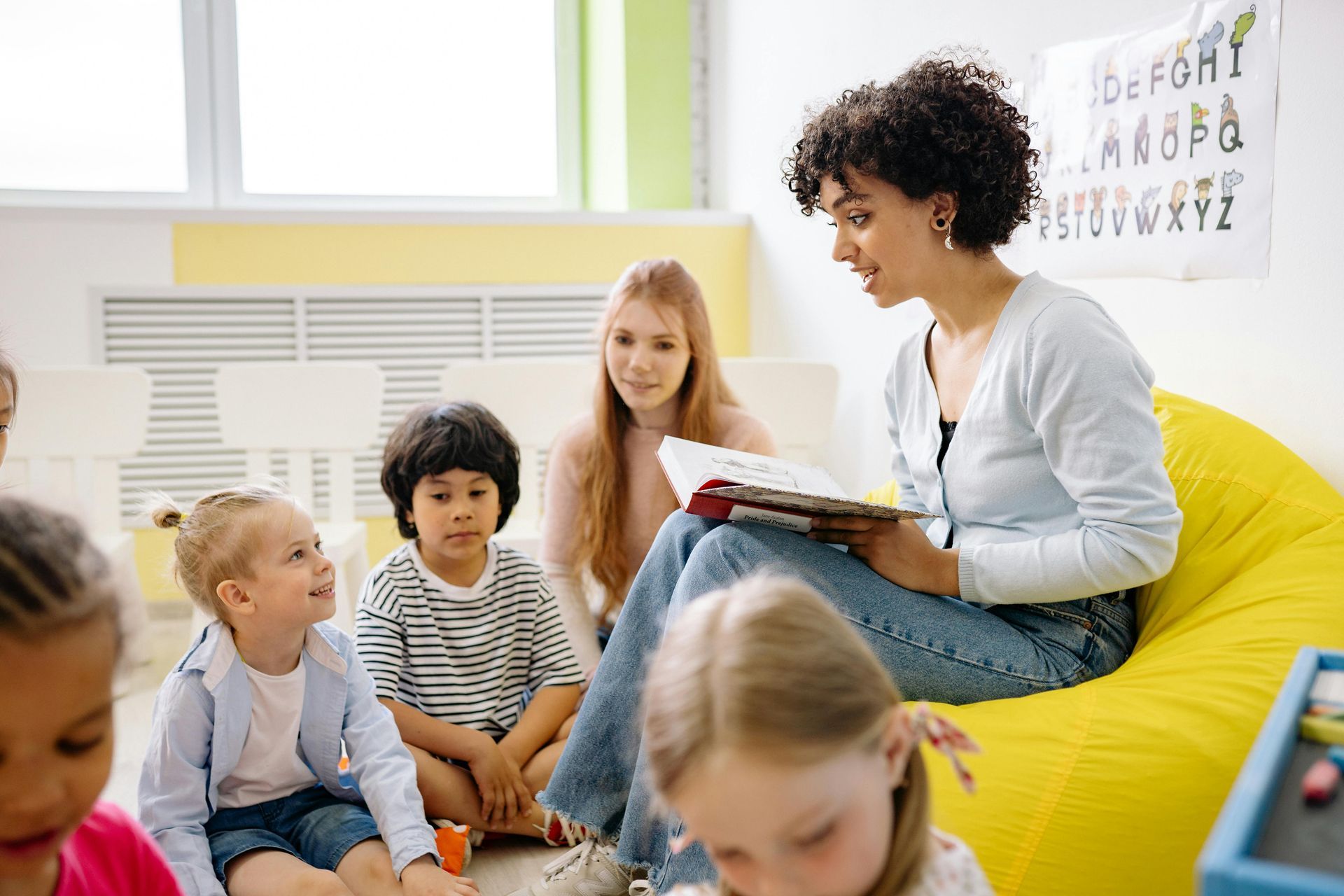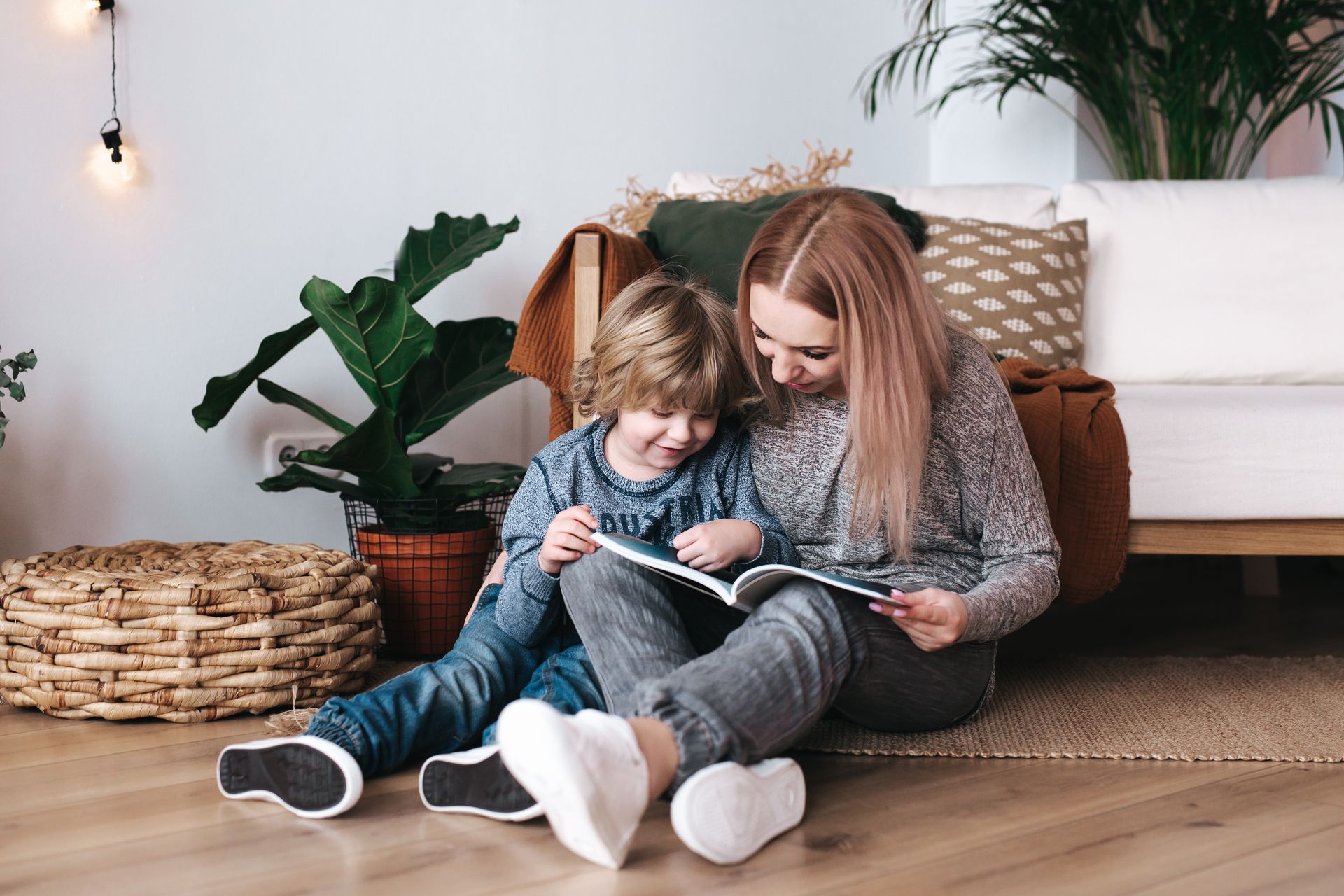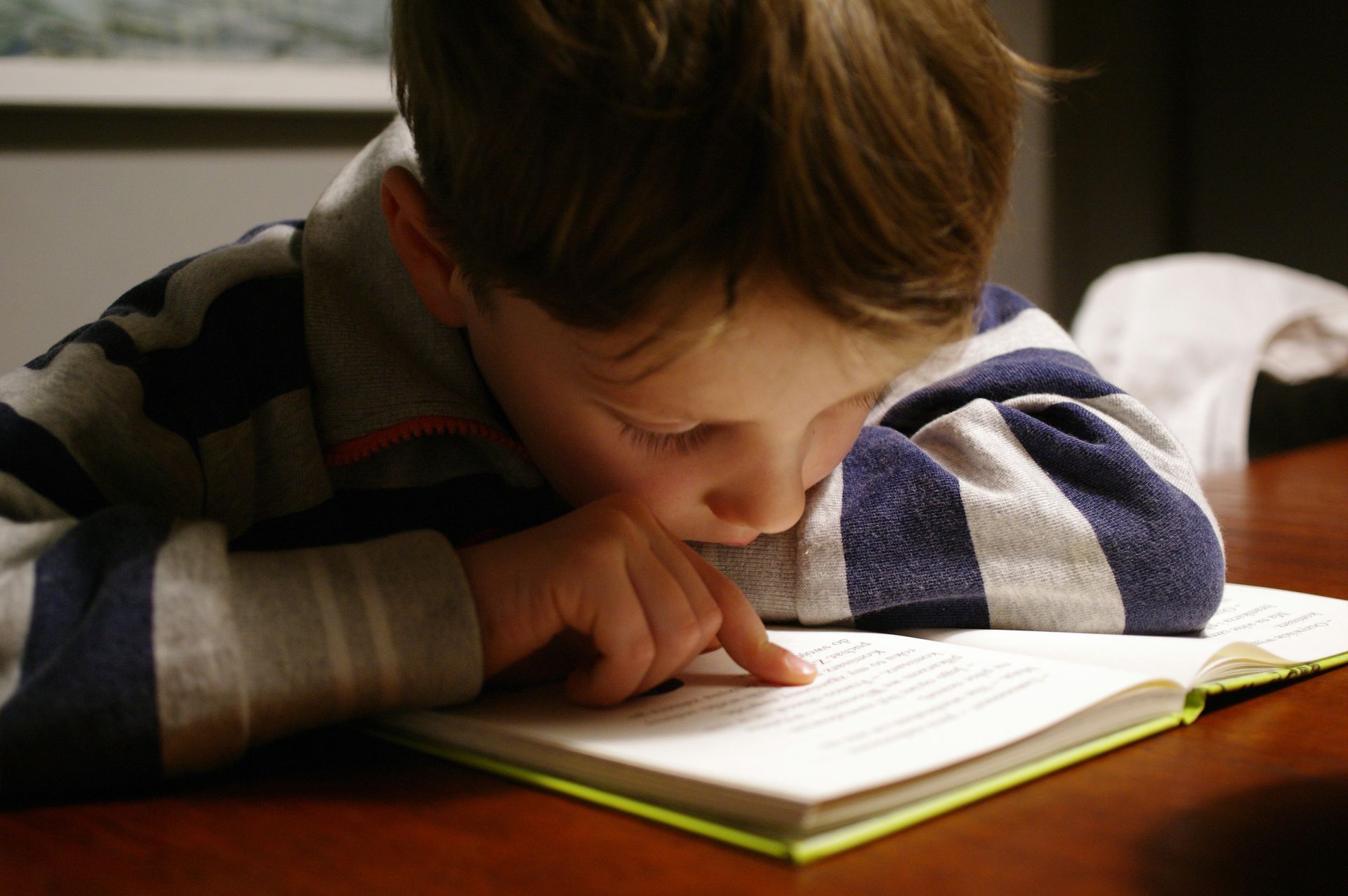How do dogs help children with their health & confidence?
There is no doubt that a dog will make your child happy, just looking at your dog's constant optimistic and entertaining behaviour can make us smile daily. There is no doubt our cuddly companions can bring us positive emotional health by soothing their owners in a variety of ways.
Self Confidence
A dog can help anyone feel important simply by looking up at us with those big dopey eyes asking for attention. Giving a child that unconditional love naturally boosts self-esteem, the eager positivity and emotional help is an absolute boost for anyone. Children tend to talk to animals and confide in them, we can’t underestimate the importance of that bond.
More self-confidence makes your child happier. According to a report from the ‘Pet Health Council’ children with pets definitely are more self-assured with higher self-esteem.
Watchdog
Interestingly just as your baby or toddler watches your face, posture and body movements for cues and expressions so does your dog, in fact any animal you have tries to identify your emotional state of being. This is so they can in turn learn how to react and navigate the world around them. When you project a calm and confident manner, those around you will feel safe and secure - animals and humans respond to your every movement. Dogs are amazing and intense observers on numerous levels. They have been part of our society for longer than any other species, they’ve learned to read and adapt to our complex behaviours.

Health
The interactions between your dog and child bring us those much-needed positive feelings. Playing and cuddling your pooch lowers our stress hormones, raises our serotonin and dopamine levels. These are the chemical building blocks that contribute to happiness, motivation, focus and calm - who doesn’t need a dose of that?
So there’s a pretty good chance your dog will alleviate your child's anxiety and increase their social skills. They always stimulate conversations and become icebreakers, we all love to observe each other's dogs and chat about them. The companionship of your pooch alleviates loneliness and the feeling of isolation, giving children coping skills, the premise of my book. They are also a very healthy distraction from those negative emotions that tend to creep up and take hold. When we focus on pets those negative emotions naturally fade away even by simply petting a dog, studies show this has a calming effect on our mental health. Additionally, petting a dog release endorphins into the brain and that can become a powerful pain remover and mood booster. The endorphins give us a natural high. Petting a dog also reduces cortisol, the hormone that gets released during stress. Therefore, we can deduce that dog owners are more likely to not be depressed. Then there's the obvious health benefits of exercise. We all know the importance of exercise on our physical and mental health.
If you don't own a dog
So if you are lucky enough to own a dog the benefits are endless, if you can't afford to own a dog in these difficult times there are other options available. You can volunteer to walk a friend's, neighbour's or family member's dog, or head to your local animal shelter, they are always looking for help. Since the pandemic and now the recession, there are plenty of rescue dogs that need temporary foster care. Sometimes schools will start an adopt-a-dog program where organisations will bring in a therapy dog. Research shows that classroom pets provide significant positive changes to children's behaviour and academic development.
